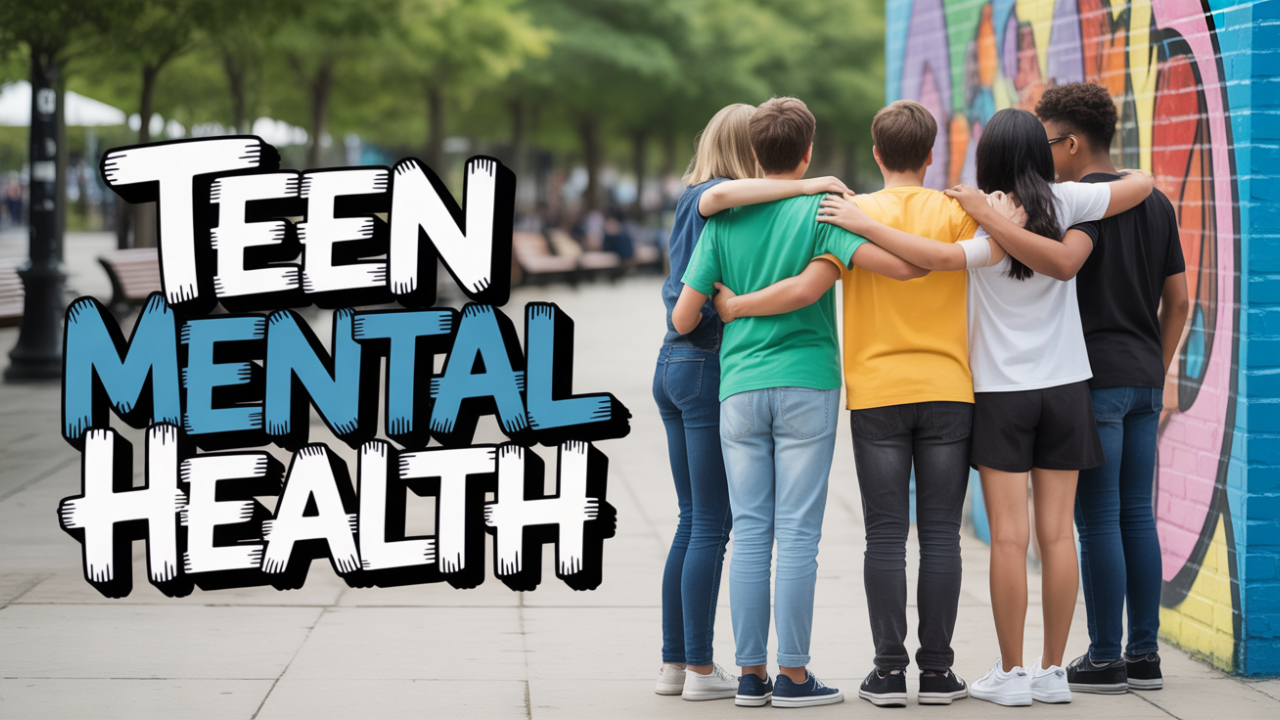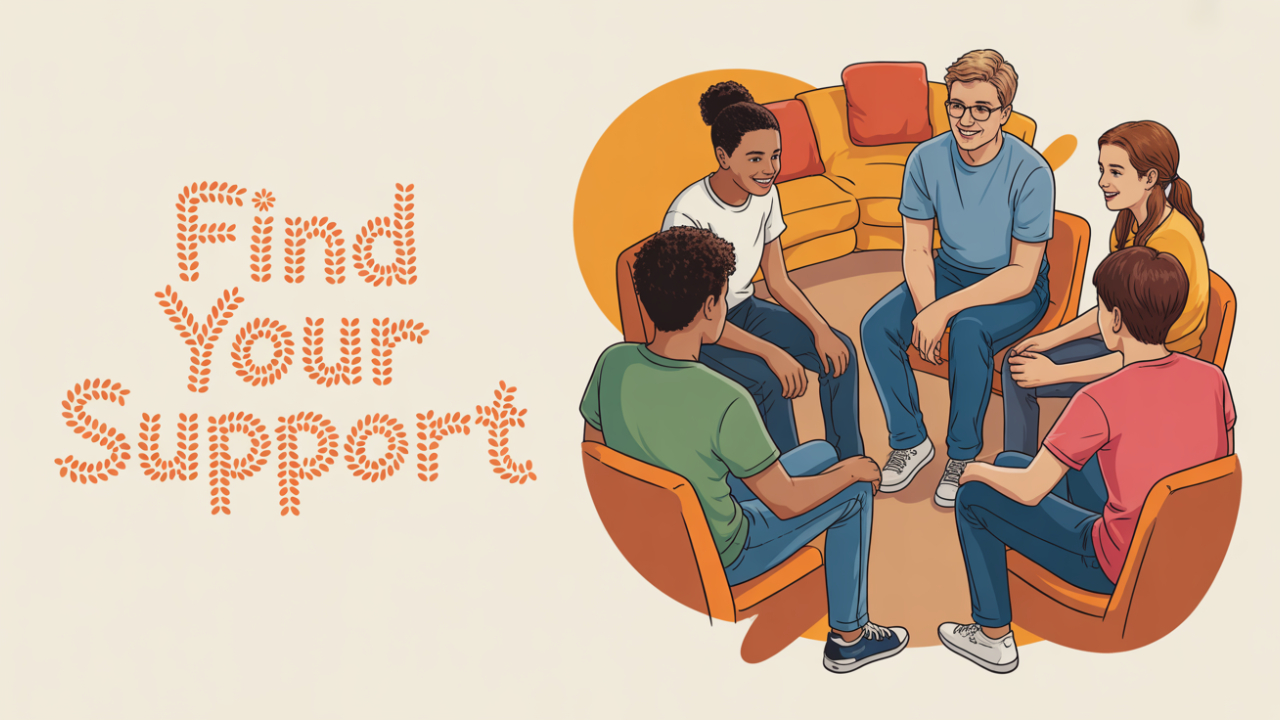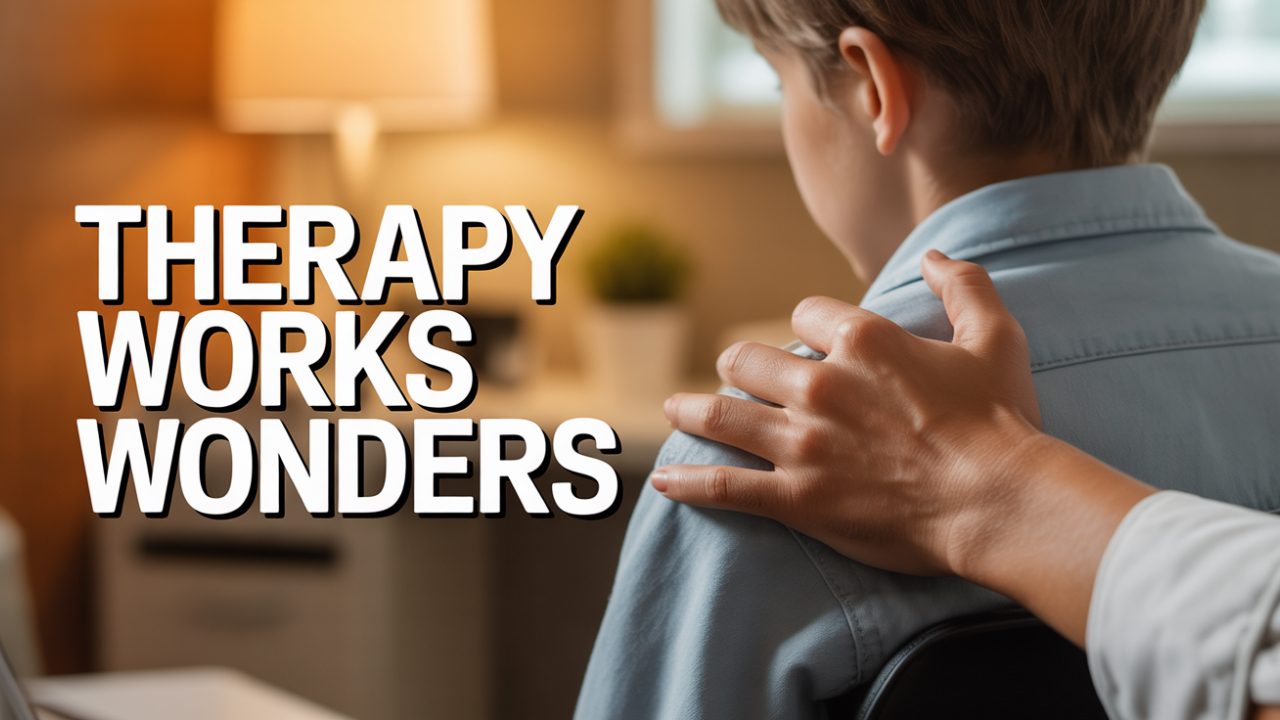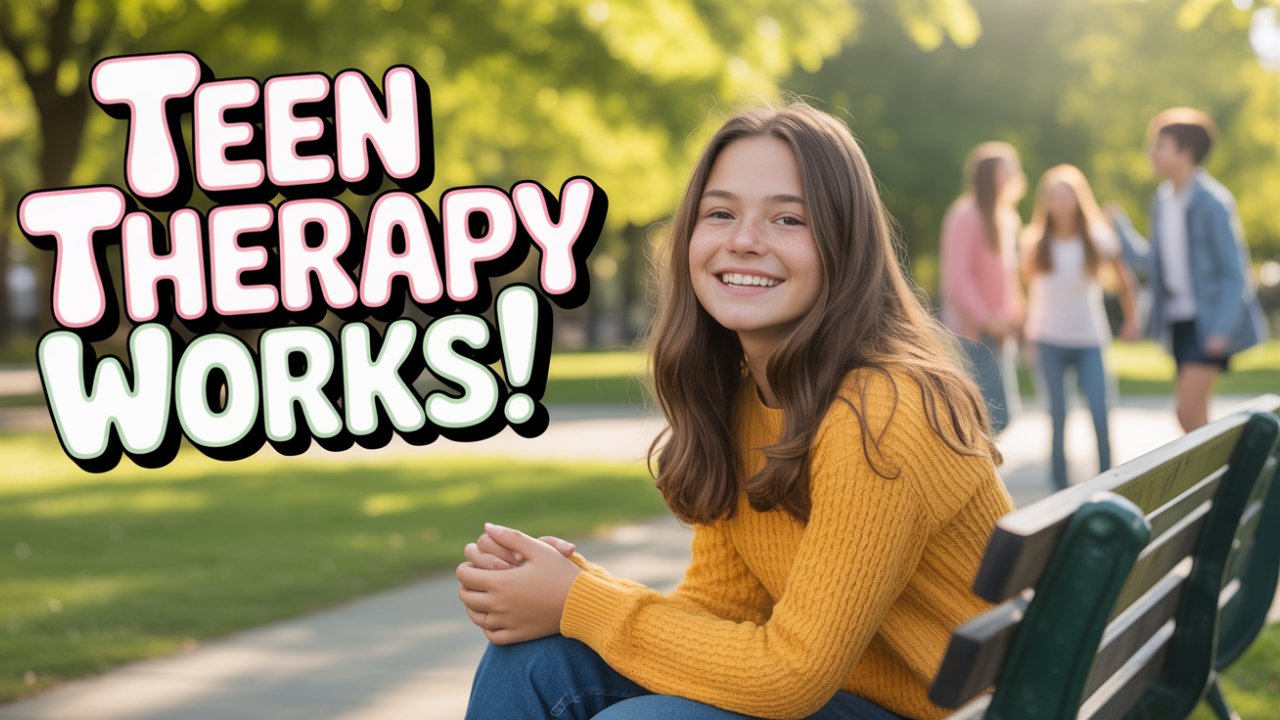How Effective Is Therapy for Teens?
Therapy plays a central role in improving adolescent mental health. For teens, these years bring intense changes in behavior, emotion, identity, and pressure. When these changes feel overwhelming, therapy provides a safe space where teens can build insight, develop coping skills, and manage their mental health. But how effective is therapy for teens? The answer depends on multiple factors—including the type of therapy used, the teen’s engagement, and family support.
At Adolescent Mental Health in Orange County, we use evidence-based treatment programs designed specifically for youth. Our team of mental health professionals helps teens build psychological resilience and improve their quality of life through personalized care.
Why Teens Benefit from Therapy
Teenagers face stress from many sources. Academic expectations, peer pressure, bullying, family conflict, body image concerns, and identity struggles can all affect a teen’s emotional and mental health. Some teens may also experience trauma, grief, or abuse. Without the proper support, these challenges may lead to symptoms of anxiety, depression, substance abuse, eating disorders, or suicidal ideation.
Therapy offers teens a direct and structured way to understand their feelings, thoughts, and behaviors. With the help of trained therapists, teens can explore difficult emotions such as fear, sadness, anger, and worry without judgment. Therapy creates a confidential and accepting environment where they can speak openly and safely.

Common Mental Health Issues in Teens
Therapy is highly effective for a wide range of mental health issues. These include:
Anxiety and anxiety disorders
Depression and mood disorders
Bipolar disorder
Post-traumatic stress
Panic disorder and panic attacks
Borderline personality disorder
Attention deficit hyperactivity disorder (ADHD)
Substance abuse and addiction
Personality disorders
Eating disorders
Self-harm and suicidal ideation
Each teen is different, so therapists work closely with patients and their parents to create custom treatment plans.
Types of Therapy for Teens
Several therapy approaches are proven effective in teen mental health treatment:
1. Cognitive Behavioral Therapy (CBT)
CBT focuses on identifying and changing negative thoughts and behaviors. It teaches teens how to practice cognitive restructuring, which helps them reframe distorted thinking and improve decision-making.
2. Dialectical Behavior Therapy (DBT)
DBT teaches essential skills such as distress tolerance, emotional regulation, and mindfulness. It is particularly helpful for teens with borderline personality disorder, intense mood swings, or self-harming behavior.
3. Art Therapy
Art therapy uses creative expression to help teens process trauma, manage anxiety, and build self-confidence. It supports those who have difficulty verbalizing their feelings.
4. Family Counseling
Including the parent or caregiver in therapy can improve communication, trust, and understanding within the household. Family sessions can address unresolved anger, divorce-related conflict, or parenting challenges.
5. Group Therapy
In a group setting, teens share experiences and practice social skills with peers. This approach reduces isolation and builds empathy.
6. Talk Therapy and Psychodynamic Therapy
These methods help teens gain insight into patterns in their lives. With the guidance of a therapist, they build self-awareness and explore underlying causes of distress.

How Therapy Helps Teens
Therapy provides long-term benefits by helping teens:
Build emotional awareness
Improve anger management
Increase motivation and self-confidence
Strengthen coping skills
Develop stress management strategies
Practice active listening and communication
Address mental disorder symptoms directly
Learn problem solving and goal setting
Understand the connection between thought and behavior
Gain psychological insight into their challenges
These skills help teens manage school pressure, social anxiety, and difficult relationships with peers, siblings, or adults. Therapy also strengthens the therapeutic relationship between the teen and their therapist, which is essential for progress.
The Role of Parents in Teen Therapy
Parental involvement can support and enhance the impact of therapy. A parent does not need to attend every session, but their role in reinforcing what the teen learns is important.
Parents can help by:
Encouraging consistent attendance
Respecting confidentiality
Being open to feedback from therapists
Practicing healthy communication at home
Supporting healthy habits like exercise, sleep, and meditation
Modeling coping strategies and emotional regulation
When a parent shows commitment to their teen’s well-being, it helps build trust and confidence.

Signs Therapy Is Working
Progress in therapy might be gradual, but you may notice positive changes such as:
Improved mood and emotional regulation
Reduced episodes of panic, anger, or withdrawal
Healthier peer and family relationships
Increased interest in school or hobbies
Stronger coping skills under stress
Greater insight and personal development
Decreased substance use or risky behavior
Better sleep and eating patterns
It’s important to remember that therapy is not a quick fix. Consistency, patience, and support are key to achieving lasting results.
When to Consider Therapy for Your Teen
You may want to seek therapy if your teen shows signs of:
Ongoing sadness or hopelessness
Withdrawal from friends or activities
Mood swings or irritability
Panic attacks or intense fear
Self-harm or suicidal thoughts
Changes in sleep, appetite, or school performance
Aggressive or violent behavior
Substance use or alcohol abuse
Decline in psychological resilience
Struggles with identity or self-esteem
Early intervention often leads to better outcomes. A mental health professional can provide a clear assessment and recommend appropriate treatment programs.
The Importance of the Right Fit
Therapy is most effective when there is a strong match between the teen and the therapist. Teens are more likely to engage when they feel heard, respected, and understood. A good therapeutic relationship builds the foundation for progress and healing.
Teens also need access to therapy that fits their needs. Factors like insurance coverage, accessibility, and availability of services can affect how quickly a teen receives help.
At Adolescent Mental Health in Orange County, we offer therapy services that align with each teen’s personality, preferences, and goals. Our licensed therapists use evidence-based methods and offer both individual and group sessions.
Research on Therapy Outcomes
Studies supported by the American Psychological Association show that therapy can significantly reduce symptoms of anxiety, depression, and behavioral problems in adolescents. CBT has a strong evidence base for anxiety and mood disorders, while DBT is highly effective for emotional regulation and suicidal ideation.
Research also shows that teens who complete therapy report:
Fewer mental health symptoms
Better relationships with peers and family
Greater psychological insight
Lower risk of relapse or harmful behavior
Improved academic and social outcomes
Final Thoughts
So, how effective is therapy for teens? The answer is clear—when delivered with care, consistency, and proper clinical support, therapy helps teens manage their mental health and develop lifelong skills.
Therapy offers a safe space where teens can heal from trauma, cope with anxiety, and strengthen their sense of self. With involvement from a trusted therapist and the support of a committed parent or caregiver, therapy helps teens build a healthier and more confident future.
If you’re a parent concerned about your teen’s emotional or behavioral health, Adolescent Mental Health in Orange County is here to help. Contact us to learn more about our personalized therapy options for youth and families.
Frequently Asked Questions
1. How do I know if my teen needs therapy?
You might consider therapy if your teen shows signs of emotional distress, such as ongoing sadness, anxiety, mood swings, aggression, or withdrawal from friends and activities. Sudden changes in sleep, appetite, academic performance, or behavior may also signal a mental health concern. If your teen talks about self-harm, suicidal ideation, or shows signs of substance abuse, therapy is strongly recommended. A licensed mental health professional can help assess their needs and recommend the right treatment.
2. What type of therapy is best for teenagers?
The most effective therapy depends on the teen’s specific symptoms and goals. Cognitive Behavioral Therapy (CBT) is widely used for depression, anxiety, and behavior problems. Dialectical Behavior Therapy (DBT) helps teens manage intense emotions, especially if they struggle with impulsivity or self-harm. Art therapy supports creative expression, while family therapy can improve communication at home. Many teens benefit from a combination of therapies that focus on coping, emotional awareness, and psychological resilience.
3. How long does therapy take to work for teens?
The length of therapy varies. Some teens notice improvements within a few weeks, while others may need several months or longer. Factors that affect progress include the type of mental disorder being treated, the strength of the therapeutic relationship, the teen’s motivation, and support from the parent or caregiver. Consistency and active participation are key. Therapists typically set treatment goals early and adjust the plan based on the teen’s needs and progress.
4. Can therapy help with school stress and peer pressure?
Yes, therapy can be highly effective for managing school-related stress and peer pressure. Therapists help teens develop stress management techniques, emotion regulation skills, and healthy coping strategies. They also work on confidence, problem solving, and setting personal goals. When peer influence leads to risky behaviors like substance use or bullying, therapy provides tools to resist negative pressure and build stronger decision-making skills. Therapy strengthens a teen’s ability to manage daily challenges and build healthier relationships.









